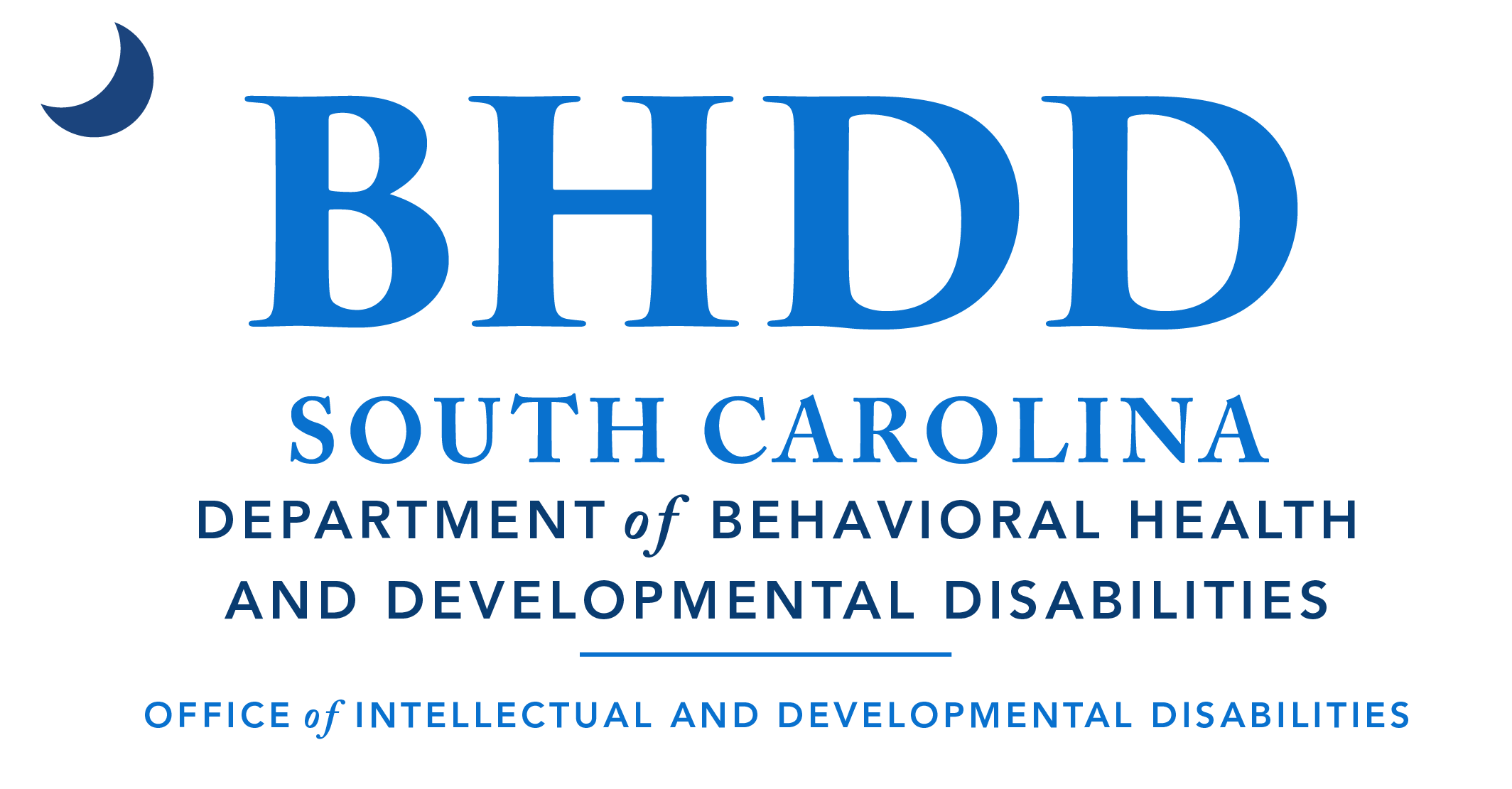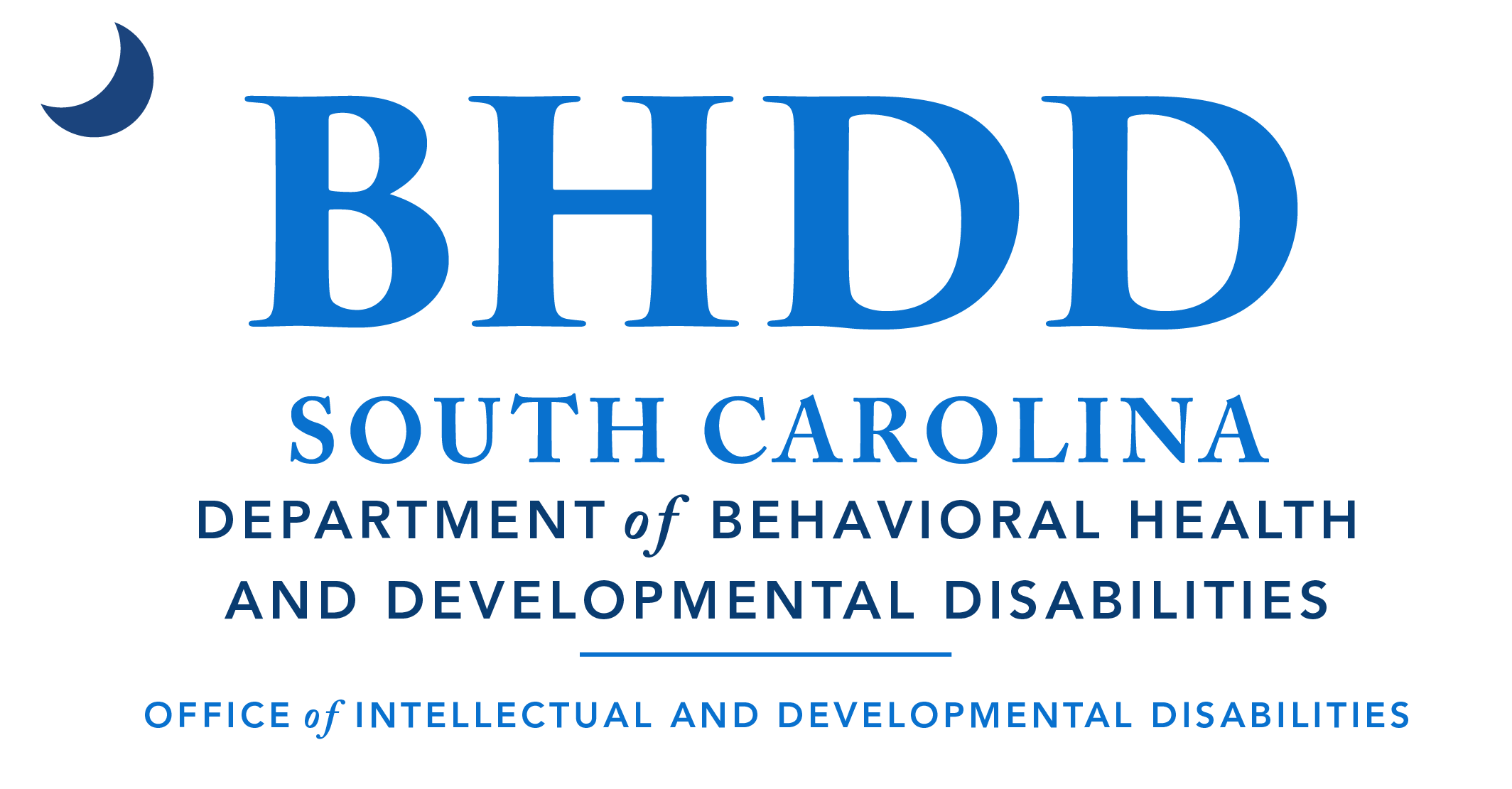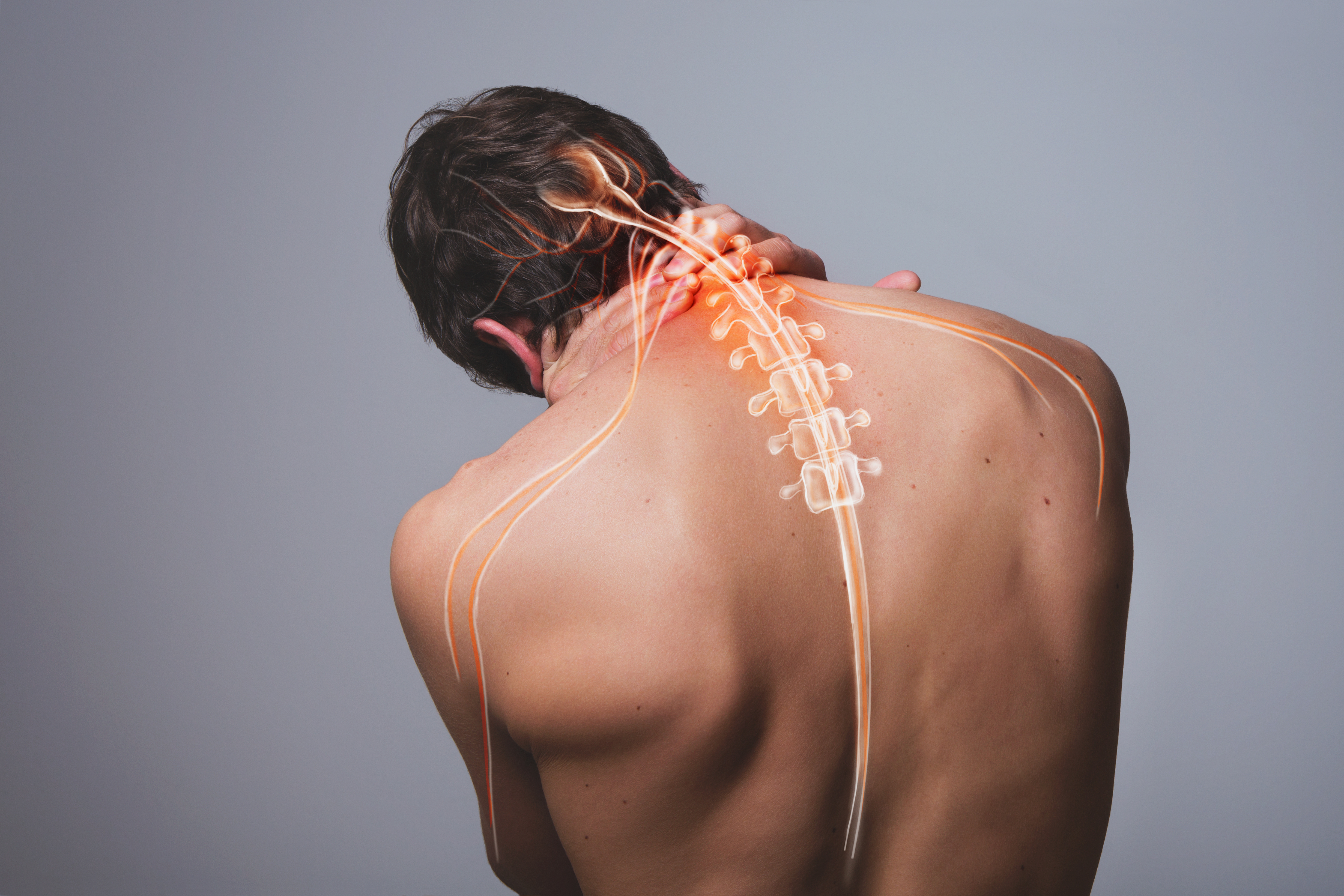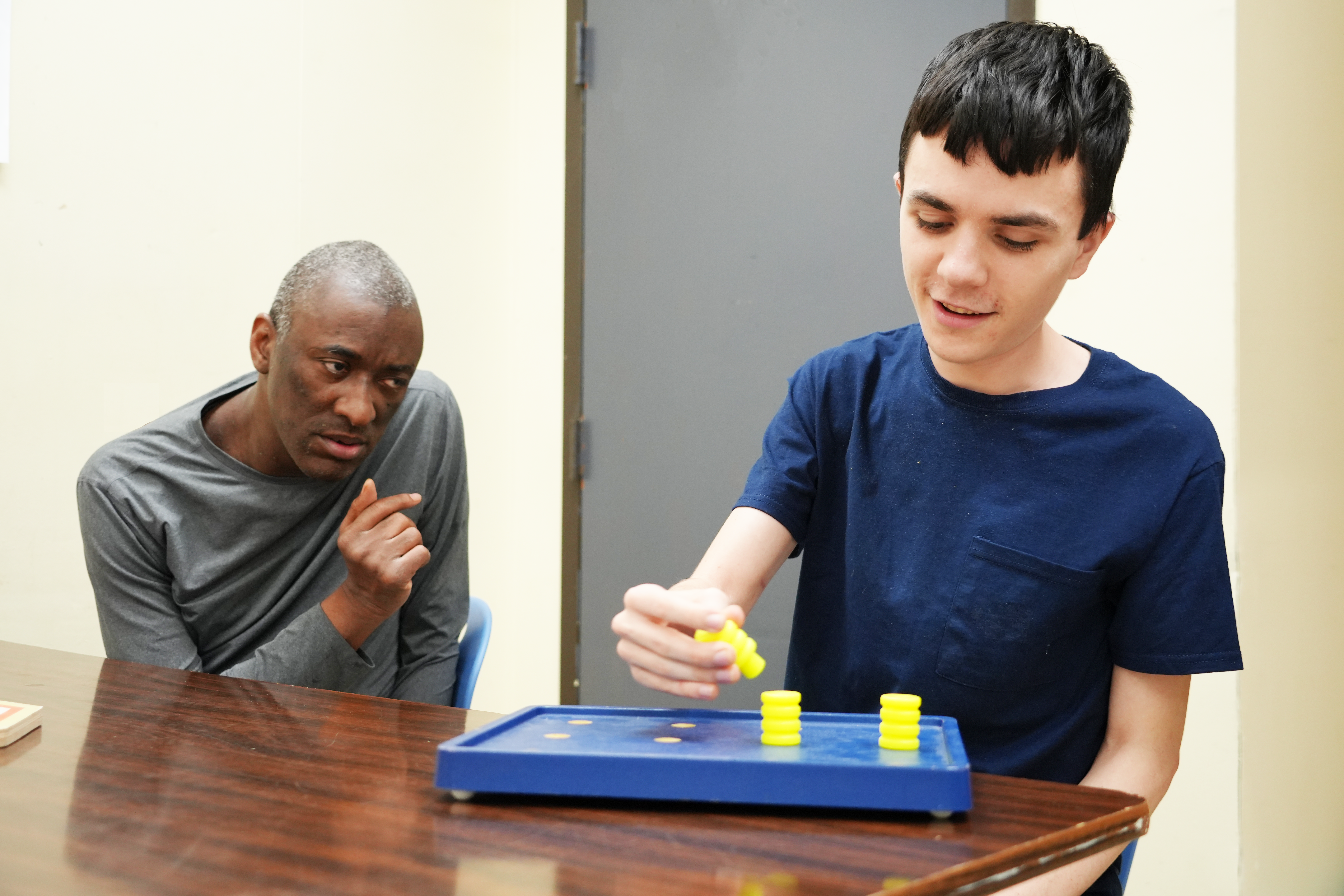COLUMBIA, S.C. — The South Carolina Department of Disabilities and Special Needs (DDSN) is recognizing Brain Injury Awareness Month by following the national call to create opportunities for those with brain injuries to define their own lives. The nationwide observance occurs each March, and this is the third year of the Brain Injury Association of America’s (BIAA) “More Than My Brain Injury” campaign, which highlights ways to achieve that goal.
“This theme is important because people with lived experiences need to have a voice and be included in the decisions that impact their lives, including decisions about services,” said Melissa Ritter, Director of DDSN’s Head and Spinal Cord Injury Division. “While many people with brain injury need extensive services and care, others are gainfully employed and work every day to provide for their families, just like you and me. Regardless of their position on the spectrum, people with brain injury need to be at the table when decisions are made about their care and services.”
About 175,000 South Carolinians have a Traumatic Brain Injury (TBI), according to data compiled by the Brain Injury Association of South Carolina (BIASC). The South Carolina Department of Health and Environmental Control (DHEC) provides additional TBI data from 2020 including 1,492 deaths associated with TBI, 4,462 hospital discharges, and 8,884 visits to the emergency room.
DDSN is the state agency that plans, develops, coordinates and funds services for residents with various severe, lifelong disabilities. Populations served include individuals with traumatic brain injuries and spinal cord injuries, among others. DDSN carries out this mission by advising those with disabilities and their caregivers on how to obtain the services they need and overseeing Medicaid Waiver programs for those with disabilities, among various other services.
DDSN provides a wide range of services to those who have sustained brain injuries, which can include anything from in home services to assist with activities of daily living, to help with employment.
To help in its efforts, DDSN was recently awarded a Traumatic Brain Injury (TBI) Grant from the Administration for Community Living, a program under the U.S. Department of Health and Human Services (HHS). This funding opportunity will assist in getting feedback from people with brain injury to help DDSN in conducting a needs assessment. The end results will be more independence and better overall health for those with TBI, as well as for their families and support networks.
“It’s important for people to understand that there is a wide spectrum when it comes to brain injury, and not everyone requires the same level of care,” Ritter said. “We encourage those who may benefit from DDSN services to reach out so we can assist.”
For more information on Brain Injury Awareness Month, visit the national page. For more on DDSN services, visit our website.




